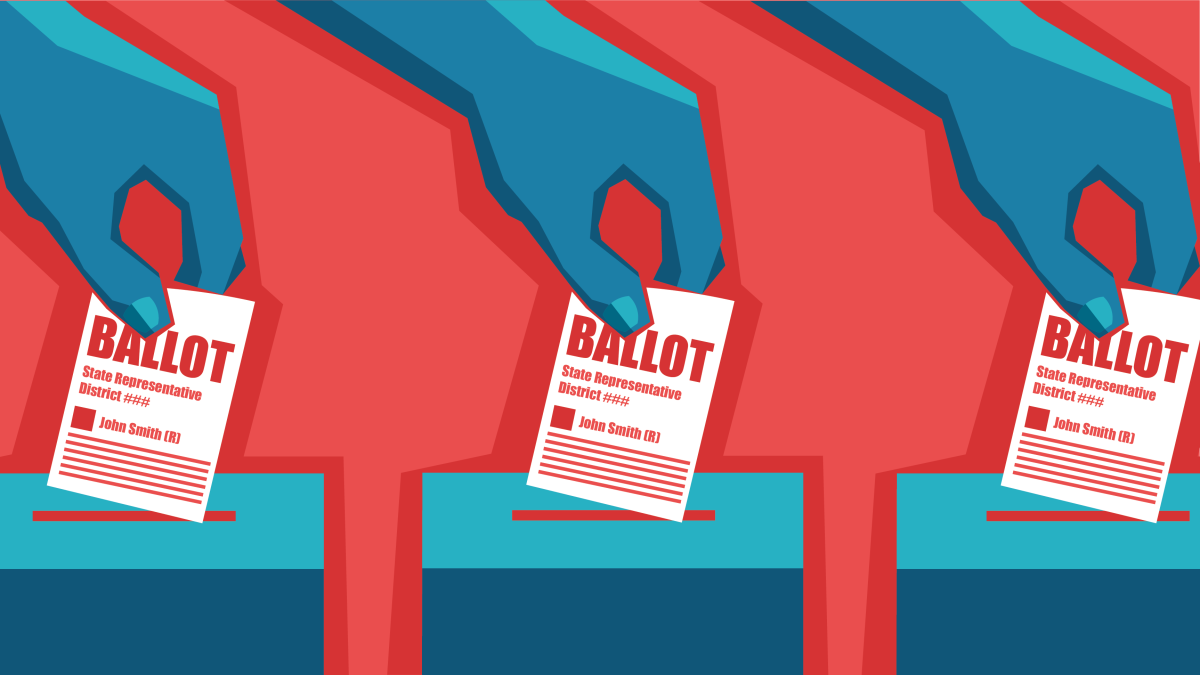Election season should be a chance for us to remember and celebrate the important role of citizens in democratic government.
Unfortunately, this year’s Louisiana elections offer just the opposite opportunity. Instead of celebration, we are left with the confrontation of the weakness of our state’s democracy. This is especially concerning in the current context of the worrying state of democracy in the United States and the world as a whole.
So, what could be so concerning as to cause such electoral dread?
Well, it starts innocently enough. Candidates qualifying for this October’s elections wrapped up on Thursday, August 10. Prospective officeholders from around the state traveled to Baton Rouge to fill out paperwork, give press statements and officially kick off their campaigns. They are running for everything from parish president to governor. The real work of the democratic process will be played out in the coming weeks, but many politicians can just sit back and wait for their term to begin in January.
This is because, as some observers have noted, the vast majority of our state legislative seats for the next few years have already been filled. In the House, 55 seats will be held by Republicans and 28 by Democrats. In the Senate, the numbers are 20 and eight, respectively. In some of these races, there are multiple candidates, but they are all from the same party (including in some competitive districts). That leaves only 22 house seats and 11 Senate seats with multiple candidates from multiple parties on the ballot.
The partisan outcome is not surprising. After all, Louisiana is a red state and the GOP has controlled the legislature for about a decade now. The problem is that it is August, not October or November. No votes have been cast. The people have not spoken. This is obviously not how elections are supposed to work.
There are some possible explanations for all this.
Maybe these races are uncontested because of quality candidates, stellar incumbency records and widespread popularity. This is the answer that many politicians allege. They post on social media thanking their constituents for their overwhelming support. Some even receive positive feedback from their followers, but X (Twitter) replies are not representative of reality.
The truth is, popularity and quality are preposterous justifications for uncontested elections. These instant victories certainly should not be praised or equated to real elections in any way.
The actual reason lies in our state-level political efficacy, or voters’ belief in their own ability to affect change in government through political action.
When voters recognize their own power, they can do more than just vote. They can also run for office themselves, campaign for others, testify before the state legislature and do so much more. The paltry number of contested races we face this fall is evidence of what happens when that power is not wielded—when voters do not recognize and embrace their role as citizens.
Something has to change, but it is too late now to fix the problem for this year’s elections. Luckily, democracy is strong enough to survive lapses in public confidence in its effectiveness.
Maybe Louisiana election season 2027 will show a strong democracy with diverse and quality candidates from multiple parties standing for every office across the state. For that to happen, people would actually need to run.
That would be something to celebrate—and given this year’s qualifying, something shocking enough to remember.
Matthew Pellittieri is a 19-year-old history and political science sophomore from Ponchatoula.








